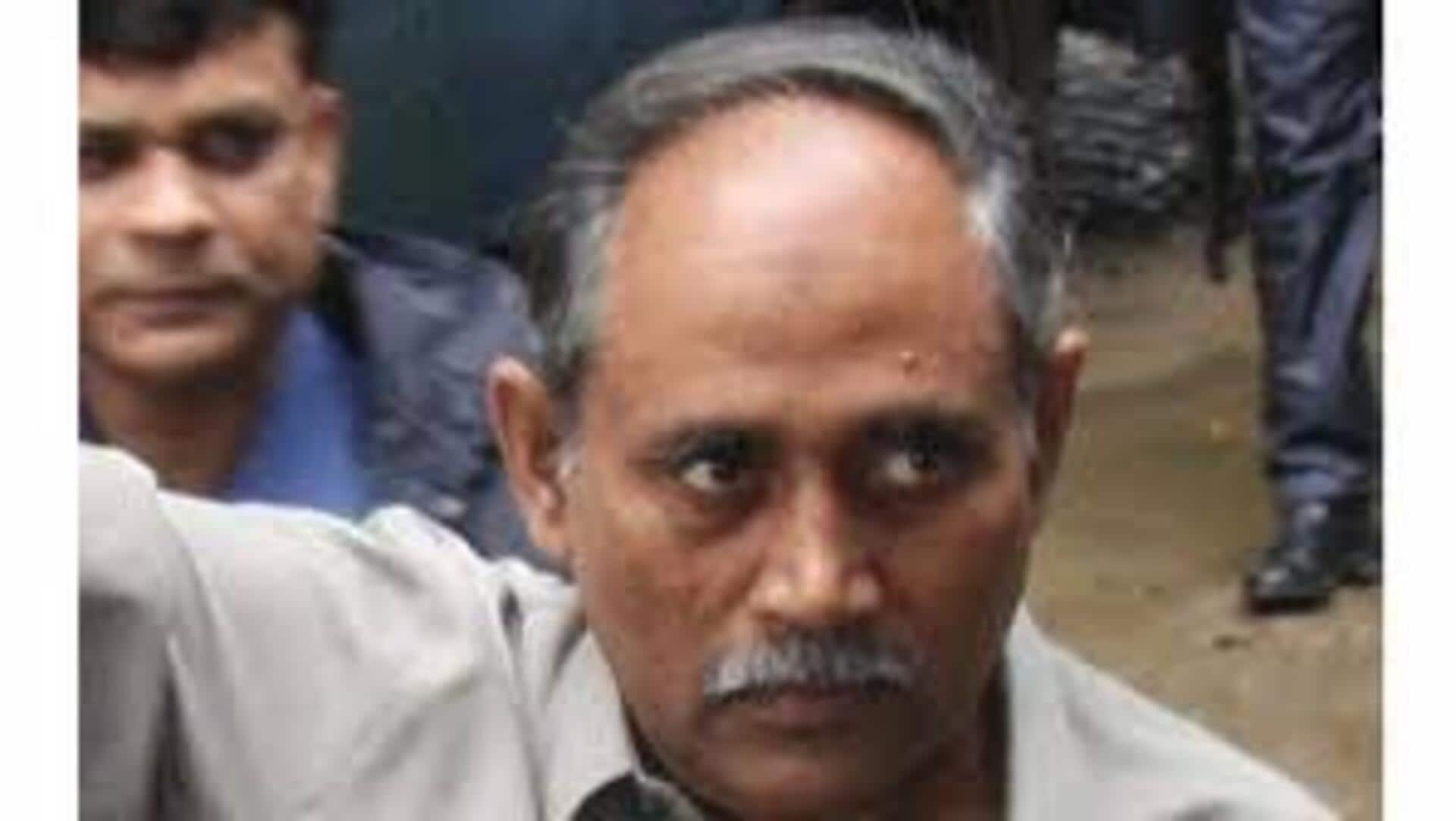
Bangladesh court acquits former minister accused of funding terrorism
What's the story
Abdus Salam Pintu, a former junior minister and Bangladesh Nationalist Party (BNP) member has been released by a Bangladesh court after 17 years in prison.
Pintu was earlier sentenced to death for his role in a 2004 grenade attack plot against Prime Minister Sheikh Hasina.
He was also accused of financing Pakistan-based terrorist group Harkat-ul-Jihad-al-Islami (HuJI) to carry out attacks against India, the Dhaka-based Daily Star reported.
Terror links
Pintu's role in aiding terrorist activities detailed
Pintu was convicted of playing a key role in supporting HuJI's operations, including weapons procurement and recruitment in Pakistan-Occupied Kashmir (POK) and Bangladesh.
He was accused of being involved in training madrassa students in firearms and explosives and mobilizing funds for insurgents in Kashmir.
HuJI is designated as a terrorist organization by many countries, including India, Bangladesh, Israel, New Zealand, the UK, and the US.
Co-Accused freed
Former BNP minister Babar also acquitted
Along with Pintu, former BNP minister Lutfozzaman Babar was also acquitted last week.
Both were accused in the botched assassination bid on Prime Minister Hasina and were connected to the 2004 Chattogram arms-haul case.
The investigation officer said HuJI wanted to kill Hasina as her government was seen as an obstacle to their activities from 1996 to 2001.
Political backing
HuJI's support from BNP leaders detailed
The Dhaka court observed that when Awami League lost power in 2001, HuJI was given support by BNP leaders Babar and Pintu.
They helped HuJI through Pintu's brother, Moulana Tajuddin, who later fled to Pakistan with their help.
Pintu had served under former Prime Minister Khaleda Zia as deputy minister for information, industries, and education.
Terror strikes
HuJI's involvement in terrorist attacks in India
As part of Pakistan's "Bleed India with a Thousand Cuts" strategy, HuJI has been involved in multiple terrorist attacks in India.
These include the bombings in Varanasi (2006), Ajmer Sharif Dargah (2007), and Delhi (2011).
The group works with other terror outfits such as Lashkar-e-Taiba (LeT) and Jaish-e-Mohammed (JeM), with support from Pakistan's Inter-Services Intelligence (ISI).
Controversial releases
Release of anti-India individuals under Naya Bangladesh
Notably, the release of Pintu comes after other Islamists with hardline anti-India positions were freed under Naya Bangladesh under Muhammad Yunus.
This includes Jashimuddin Rahmani, the leader of the Al-Qaida-affiliated Ansarullah Bangla Team (ABT), who was released weeks after Prime Minister Hasina fled to India.
Pintu had served as the Deputy Minister for Education